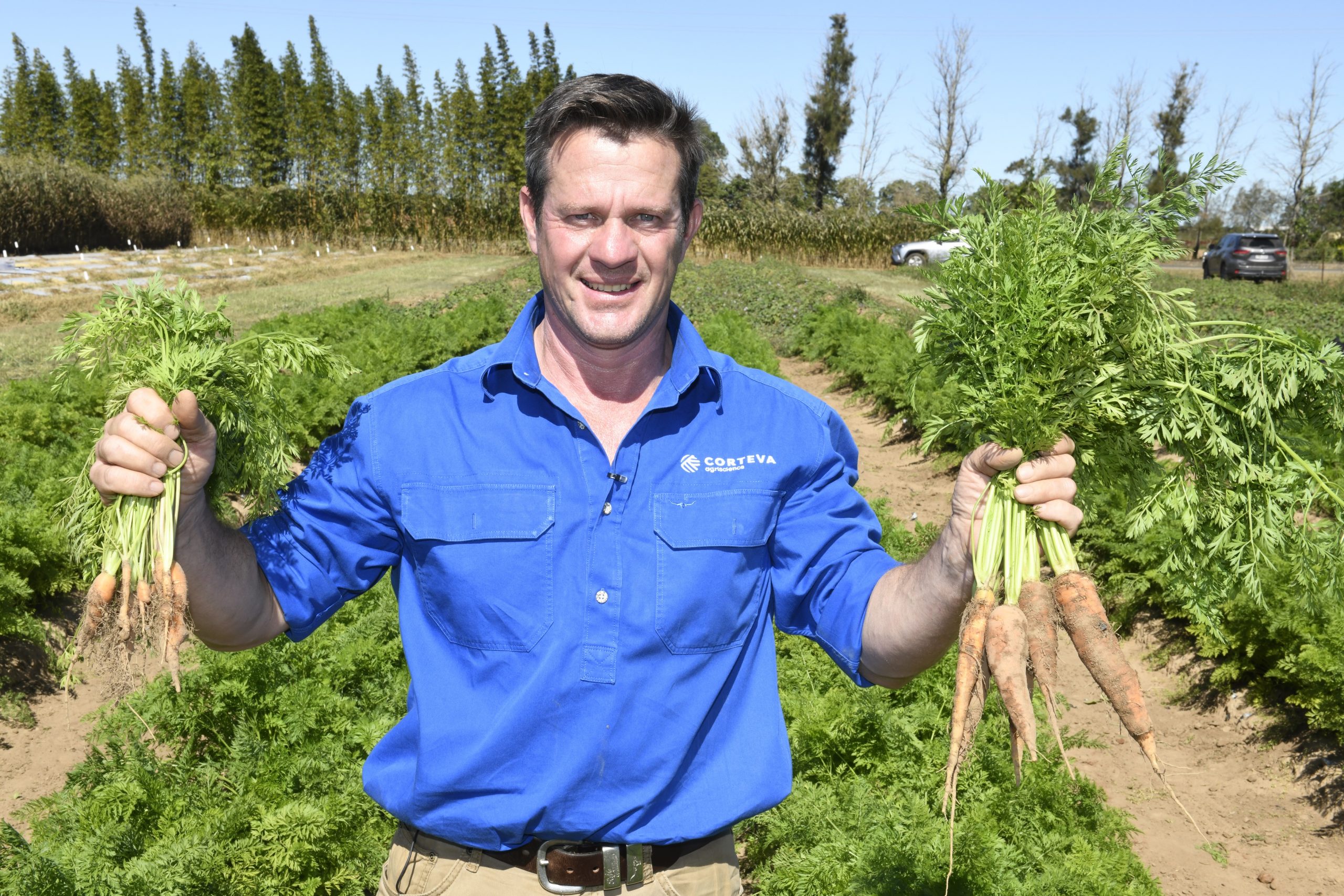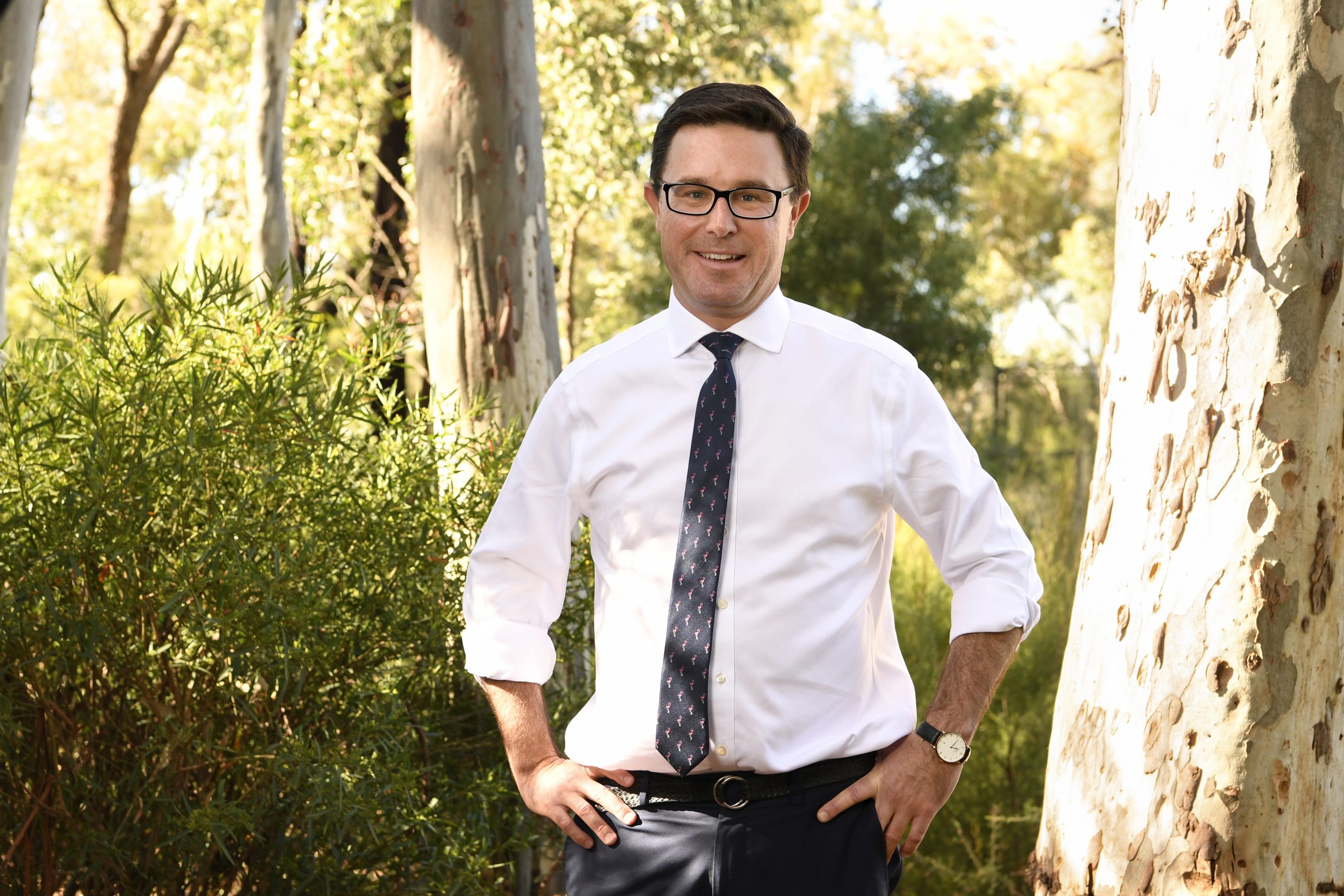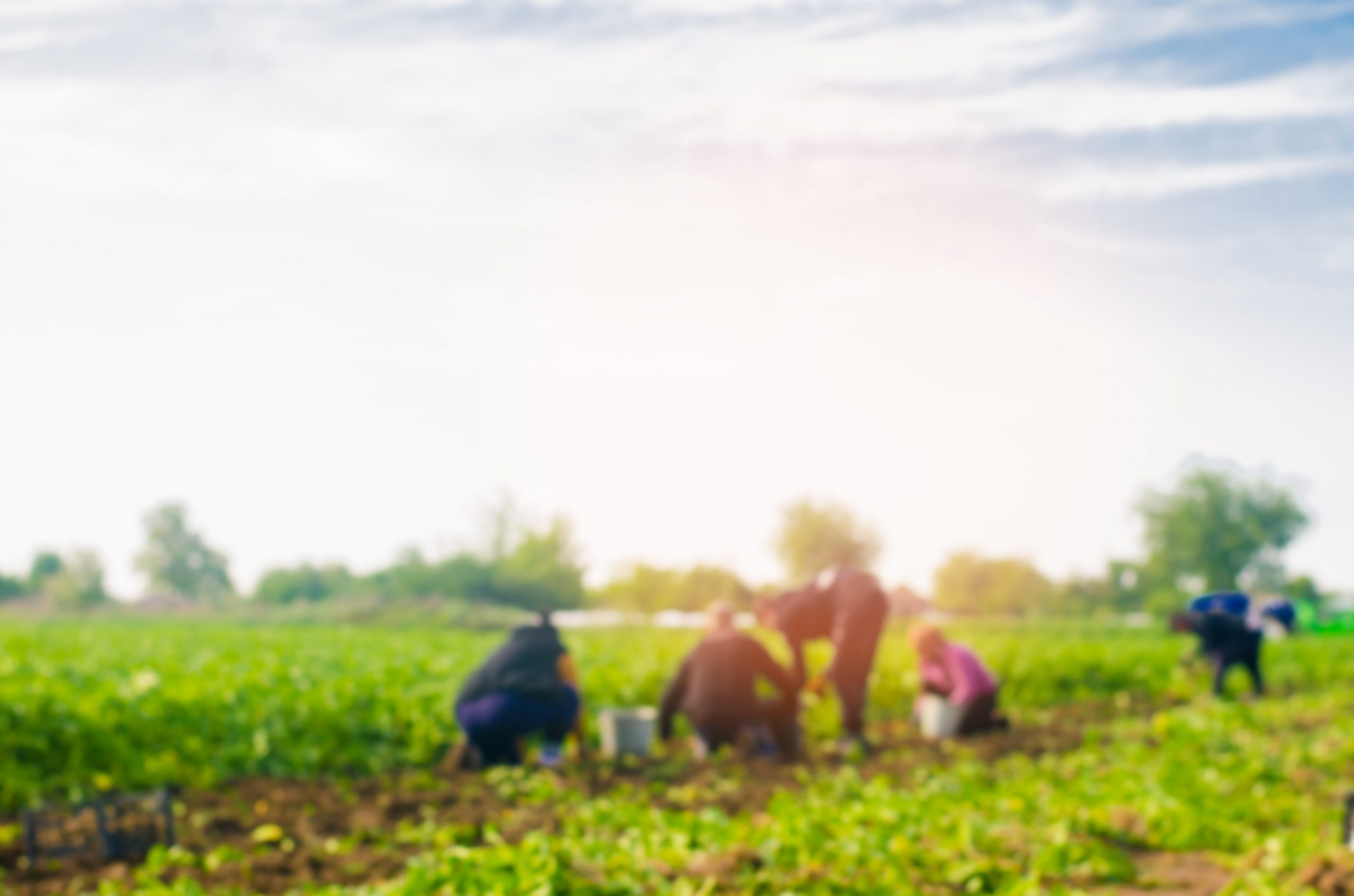
New nematicide offering significant advantages for Australian vegetable growers
25 November 2021
A message to vegetable growers from Agriculture Minister David Littleproud
25 November 2021Over recent months, vegetable growers have faced evolving challenges that include labour shortages, border closures, rising farm inputs, and COVID-19 restrictions. These are complex issues that impact on how vegetable growers operate. The AUSVEG advocacy team has been actively working through these situations and voicing the needs of growers at state and federal level. AUSVEG Policy Officer Chloe Betts reports.
Farm inputs
Farm inputs have been increasing since the beginning of the pandemic. However, the unwavering increase is squeezing growers’ margins and forcing many to rethink their options as prices look to continue to rise. AUSVEG has been working closely with growers to monitor the rise in farm input costs and will be providing further details via its advocacy update newsletter.
Overall, growers are seeing a 25-40 per cent overall increase in production costs including fertilisers, chemicals, and fuel. Complementing these increases are the skyrocketing freight costs. Containers coming out of China are recording an eight-fold increase in price. Struggling ports are inundated with containers, COVID cases, lockdowns and strikes, which are causing problems all the way down the supply chain.
Growers will continue to face pressure if farmgate prices don’t increase. Many growers have been left with the difficult decision to either decrease production or bear the brunt of the losses. AUSVEG will continue to monitor this situation. We encourage growers to get in touch so we can continue to track the increases in cost of production.
Australian Agriculture Visa
AUSVEG has been working closely with the Federal Government to develop an Agricultural Visa fit for our industry. The visa has been moving along and should be fully operational by April 2022.
In what has been an extensive process between a number of Federal Departments and industry bodies, AUSVEG is confident the visa will meet much of the expectations from growers of being able to access an efficient and competent workforce.
However, it is important to recognise that the Agriculture Visa will not be a Backpacker Visa 2.0. It will be a visa that is designed for workers to come into the country to work in agriculture and horticulture. With that comes a level of responsibility from the employer, whether it be a grower or a labour hire business.
AUSVEG is advocating strongly that while there will be expectations on employers under the visa, growers are not overburdened with costs or slow processing times, and unreasonable responsibilities.
There will be a trial phase, which is currently underway through a selected number of Approved Employers. This trial will allow workers to come in and for government and industry to gather feedback and learnings before further rolling out the visa in full.
AUSVEG is also aware of a range of businesses offering workers under the Agriculture Visa already, and growers should treat any advances from businesses with caution, as the visa is not yet fully operational.
Growers who have any concerns, or would like further information about the visa, are advised to please contact the AUSVEG office.
Federal Election
Over the past few months, AUSVEG has been working through its Federal Election priorities, with a document to be released in the coming weeks. We have been working closely with our state members and constructing our asks around a survey that was released to all members in September/October 2021.
The major themes of our priorities are:
- Driving increased consumption.
- Developing more efficient businesses.
- Becoming a more resilient industry.
Our focus is to develop strong long-term solutions for persistent issues such as labour, biosecurity, and low vegetable consumption; ultimately helping to promote the growth and health of our community and environment.
Further information on our Federal Election priorities will be released later in the year.
Market price transparency
Unlike many other agricultural commodities, there isn’t any free, daily, accurate market data available to the vegetable and potato sectors.
Data can be used by growers and other stakeholders along the supply chain to identify consumer and market trends.
Access to free, timely, and accurate data can allow stakeholders to respond to changes and capitalise on opportunities. The current high farm input costs are another example where growers and industry struggle for a reference point to demonstrate accurately and freely what is happening in major markets across the country.
A strong potential area for development is around technology to track and record data. Improving technology could help to streamline and create an impartial system, which could standardise produce – a transition away from a paper-based system to further assist with timely data collection.
The Department of Agriculture, Water and Environment (DAWE) has begun a process to look at how better market price transparency could benefit various agricultural commodities.
Many industries such as grains and dairy already have a streamlined and automatic system in place. The meat and livestock industry has a real time data system such as The Eastern Young Cattle Indicator (EYCI), that compiles data nationally. The system utilises technology that promotes a level playing field, allowing all stakeholders to benefit.
While the above is an advanced model, it displays core priorities that could lead to a free, timely, accessible and accurate system available to all growers and stakeholders.
Fair Work Commission rules on piece work rates
In November, the Fair Work Commission (FWC) ruled that ‘pieceworker provisions in the Horticulture Award were not fit for purpose.’
AUSVEG – through the National Farmers’ Federation (NFF) Horticulture Council – together with other horticulture industry bodies, had banded together to fight against the proposed changes to introduce a minimum floor by the Australia’s Workers Union (AWU).
The decision is a draft variation determination and is a provisional view by the full bench of the FWC. An excerpt of the decision is below:
The Full Bench expressed the view that the existing pieceworker provisions in the Horticulture Award are not fit for purpose; they do not provide a fair and relevant minimum safety net as required by s.134 of the Act.
The Full Bench was satisfied that the insertion of a minimum wage floor with consequential time recording provisions in the piecework clause is necessary to ensure that the Horticulture Award achieves the modern awards objective.
The Full Bench expressed the provisional view that it is necessary to vary the Horticulture Award in the terms of the draft clause.
It is the Horticulture Council’s strong belief that a fair day’s work should always receive a fair day’s pay, and the piece work rate – when used appropriately – offers that.
The NFF and its members have invested a significant amount of time, money and resources to put the best case forward on behalf of the horticulture industry to ensure a positive outcome for growers.
The Horticulture Council and its members are extremely disappointed with the decision and the impact this will have on growers throughout Australia, particularly at a time when the industry is already grappling with significant labour shortages.
At the time of writing, there has been no date yet set for when this will come into effect.
Find out more
Please contact AUSVEG National Public Affairs Manager Tyson Cattle on 03 9882 0277 or email tyson.cattle@ausveg.com.au.

